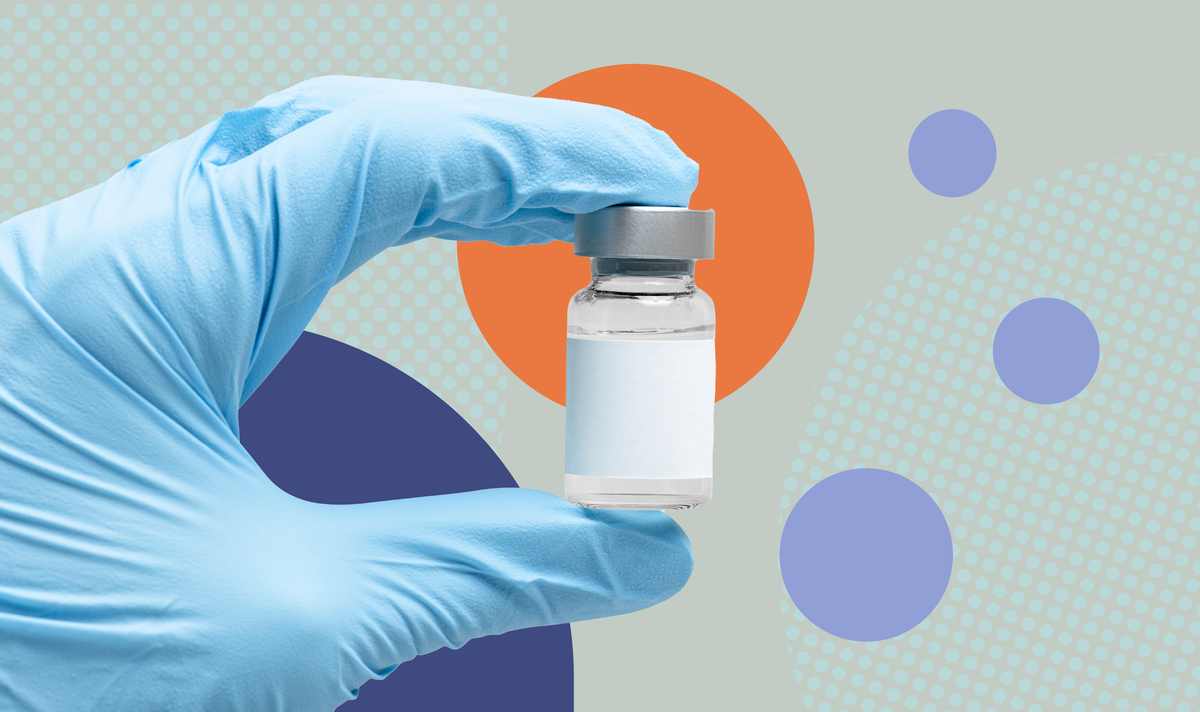HHS secretary falsely links hepatitis B vaccines to autism
Recent online posts have debated the cause and severity of ongoing U.S. measles outbreaks and the safety of ingredients in routine vaccinations.

Recent online posts have debated the cause and severity of ongoing U.S. measles outbreaks and the safety of ingredients in routine vaccinations.
Over the last few weeks, online vaccine conversations have focused on myths surrounding long-established vaccines and their ingredients. The HHS secretary resurfaced the decades-old conspiracy theory that the CDC covered up evidence that vaccines cause autism, prompting an online debate about the safety of the hepatitis B vaccine. Meanwhile, others online spread false claims about the safety of certain vaccine ingredients, including aluminum and thimerosal. Finally, as measles cases in the U.S. reached a three-decade high, vaccine opponents continue to falsely argue that vaccination is unnecessary and ineffective.

Insights brought to you by the reporters and science writers of Public Good News (PGN), a nonprofit newsroom dedicated to improving community health.
What’s trending in vaccine conversation:
In a June 30 interview, HHS Secretary Robert F. Kennedy Jr. falsely claimed that the hepatitis B vaccine is linked to an increased risk of autism. Kennedy claimed that the CDC covered up and “manipulated” data showing a dramatic increase in autism in children vaccinated at birth, a long-debunked myth that Kennedy and other anti-vaccine figures have repeated for decades. The CDC study that Kennedy cited was not a full study, but an abstract of early, unverified data presented at a 2000 conference. The data at that time showed no link between thimerosal exposure and autism. Three years after the conference, the full study was published in a peer-reviewed journal, showing no link between thimerosal-containing vaccines and autism or ADHD. Several trending videos suggested that anti-vaccine advocates were “right all along” and encouraged people to “do their own research.” Some parents questioned whether the hepatitis B vaccine and other vaccines are safe and necessary for infants, while others expressed concern and guilt about vaccinating their children.
Online conversations over the last few weeks highlight ongoing concern about vaccine ingredients, fueled by anti-vaccine social media accounts. In online forums, parents questioned the safety of certain vaccine ingredients, with a few expressing concern about thimerosal in the flu shot. One popular post speculated that the upcoming CDC report will attempt to falsely link autism to aluminum in vaccines, while others claimed that Kennedy will finally take “mercury” out of vaccines. Posts falsely claimed that vaccine ingredients are “poisonous” and poorly studied, and demanded that vaccine manufacturers be “held accountable” for the alleged harms caused by vaccines. Other conversations recirculated the false claim that vaccines contain fetal tissue and claimed, without evidence, that DNA fragments in vaccines trigger inflammation.
On July 9, the CDC reported that measles infections have reached their highest levels in over 30 years, with nearly 1,300 cases in 38 states recorded so far this year. Online responses to the news continued to debate the outbreaks’ origin, the disease’s severity, and the vaccine’s safety and effectiveness. Some urged parents to take the outbreaks seriously and criticized the anti-vaccine movement for causing “avoidable” outbreaks, while others dismissed the outbreaks as a “plandemic,” a reference to the conspiracy theory that world leaders use planned epidemics to control populations. Some falsely claimed that rising measles cases—which have overwhelmingly affected unvaccinated children—are a sign that the vaccine “failed,” falsely suggesting that “natural immunity” is superior.
Read the fact checks:
- Tech ARP: Fact Check: Did CDC Hide 1135% Vaccine-Autism Risk?
- AAP: Fact Checked: The Measles Vaccine is Safe and Effective
- Public Good News: What you need to know about vaccine ingredients and their safety

Recommendations brought to you by the health communication experts behind Infodemiology.com.
Recommendations for public health professionals
Each week the Infodemiology.com team will provide messaging recommendations in response to some of the trending narratives outlined above. Use these helpful tips when creating content, updating web pages and FAQs, and to inform strategy for messaging about vaccines.
When health officials spread false and misleading claims, they put the public at risk and weaken trust in public health entities. Debunking messaging may explain that the hepatitis B vaccine is safe and provides lifelong protection against the potentially deadly infection. Messaging may also emphasize that newborns receive the vaccine because they can contract the virus during birth or from infected adults at home—even those who don’t show symptoms or know that they have the virus. Highlighting the decades of research showing that there’s no link between autism and vaccines is recommended, as is emphasizing that hepatitis B vaccines have not contained thimerosal in over two decades.
Vaccine ingredients are frequently a topic of concern, especially for parents who may fear they are harmful. Talking points may highlight that vaccine opponents often name vaccine ingredients that sound “scary” to discourage vaccination, when the ingredients are present in such low doses that they are completely harmless to humans. Prebunking messaging may emphasize that every ingredient in vaccines is there to make them safer and more effective. Messaging may also explain that all vaccine ingredients have undergone multiple rounds of safety testing.
Measles cases are on the rise in the U.S., threatening our elimination status. Health communicators may emphasize that vaccination is the only safe, proven way to protect against measles. Natural immunity through infection is extremely risky and may lead to severe illness, lifelong health complications, and even death. Messaging may explain the risks of a measles infection, including immune amnesia, and that vaccination is 97 percent effective against infection.
Interested in recommendations tailored to health care providers? Click here.
